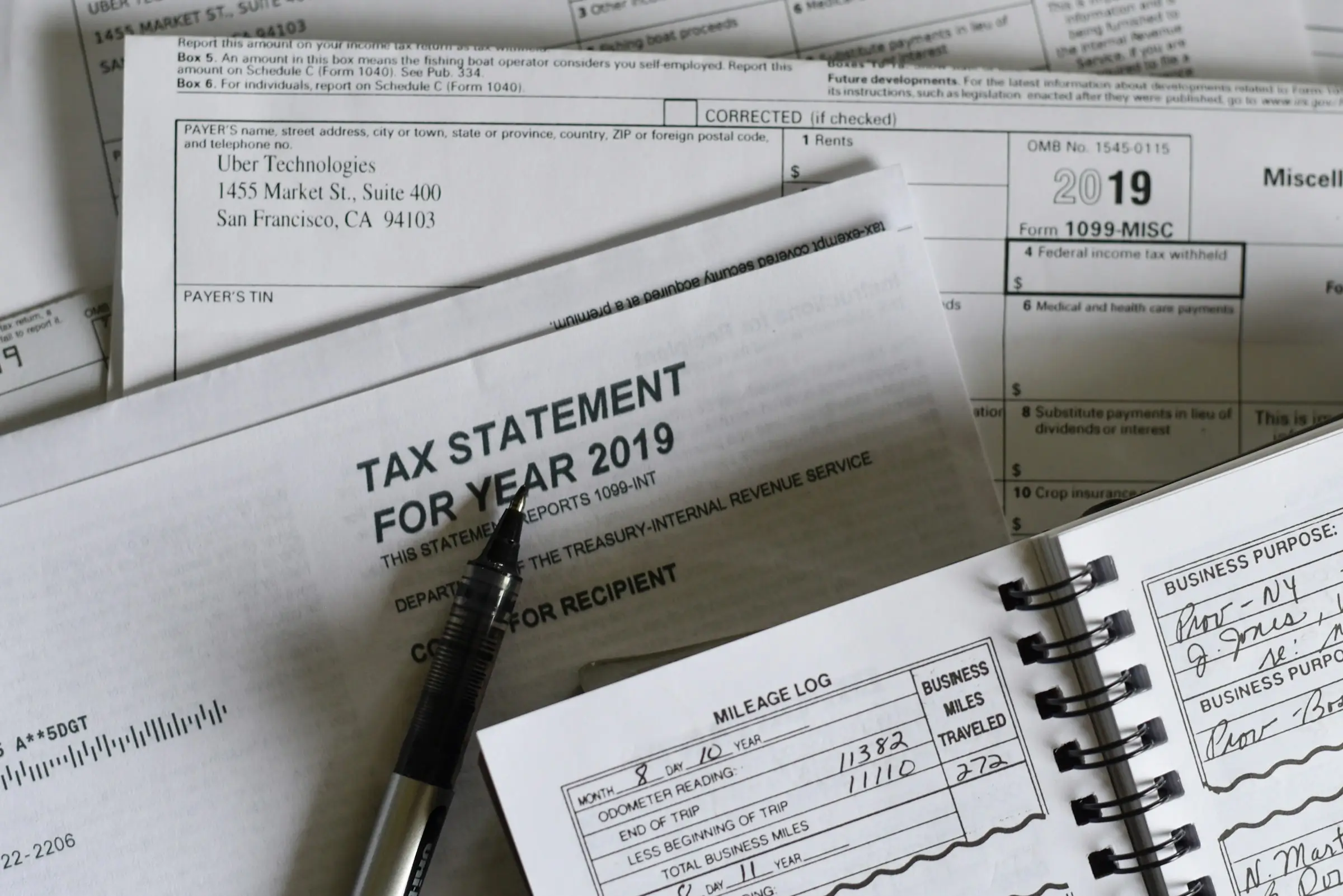How Does a Bank Statement Play a Role in a Company’s Financial Audit?


Bank statements play a vital role in corporate financial audits as a validation tool, anomaly detection, and the basis for AI-based financial transparency.
Accuracy in financial auditing serves as the foundation for transparency and public confidence in a company. Especially amid rapid digitalization, bank statements remain a crucial document for ensuring the integrity of financial data.
Even though many accounting processes are now automated through ERP systems and digital banking integrations, bank statements continue to function as a primary source of validation.
This document ensures every transaction is recorded correctly and serves as a basis for analysis, allowing auditors to assess the reliability of financial reports.
The Basic Function of Bank Statements in Auditing
Simply put, a bank statement is a summary of all incoming and outgoing financial activities within a specific period, including income, expenses, and ending balances.
In a financial audit, this document serves as a tool to compare a company's internal records with official data from the bank. It is from this comparison that the process of reconciliation and verification begins.
The Benefits of Bank Statements in Financial Auditing

1. Validation of Transaction Accuracy
Auditors use bank statements to ensure that the cash balance in the financial statements is consistent with the bank's data. Even the smallest discrepancy can indicate a recording error or an unrecognized transaction. Through this process, the integrity of the financial statements is maintained.
2. Early Detection of Financial Anomalies
The analysis of bank statements helps detect patterns of unusual transactions, such as repeated transfers, suspicious amounts, or transaction timings that are out of the ordinary.
This kind of early detection plays a vital role in effective financial fraud prevention.
3. Efficiency in Reconciliation through Automation
The ever-increasing volume of transactions often makes manual checks ineffective. Therefore, many companies are starting to use automation technology, especially AI-based solutions, to speed up the audit process while reducing the risk of human error.
AI-based platforms like Simplifa.ai now offer automated bank statement parsing solutions that can read, categorize, and validate transaction data with high precision.
4. Promoting Transparency and Regulatory Compliance
Transparency is a core principle of financial governance. With well-structured bank statements, every flow of funds can be traced objectively.
This also aligns with regulations set by the Financial Services Authority (OJK) and international auditing standards such as IFRS.
5. A Foundation for Deeper Financial Analysis
Beyond verification purposes, bank statement data can also be used to understand cash flow patterns, payment efficiency, and liquidity health.
By combining expert human analysis with AI-based fraud detection platforms, companies can gain strategic insights that strengthen business planning and decision-making.
The Integration of Bank Statements in the Modern Digital Audit

Digital transformation has changed the way auditors work. Technologies like machine learning for anomaly detection, natural language processing, and predictive analytics are now used to process thousands of transactions in a matter of seconds.
Simplifa.ai, for instance, leverages this approach to help companies identify anomalies, verify data, and holistically strengthen their digital audit systems. The result is a more efficient, transparent, and data-driven process.
In the modern financial ecosystem, the bank statement remains the primary source of truth in corporate financial auditing. When combined with AI-based technology and integrated analytical systems, its role expands beyond a mere verification tool to become a strategic pillar in building transparent and trustworthy governance.
A bank statement is not merely a balance report; it is the foundation of financial integrity and long-term business credibility.
Related Articles

Learn what window dressing is, the common techniques companies use, the risks for lenders and creditors, and how to detect it with modern financial analysis.

Parsing credit bureau reports helps financial institutions manage credit data quickly and accurately. Learn the basic concepts and benefits in today's modern era.

Simplifa.AI proudly sponsored the National Seminar on Trade Wars and Financial Risk, held at the University of Indonesia on June 20, 2025. This event brought together experts to discuss the impact of trade wars on financial stability and risk management strategies.
